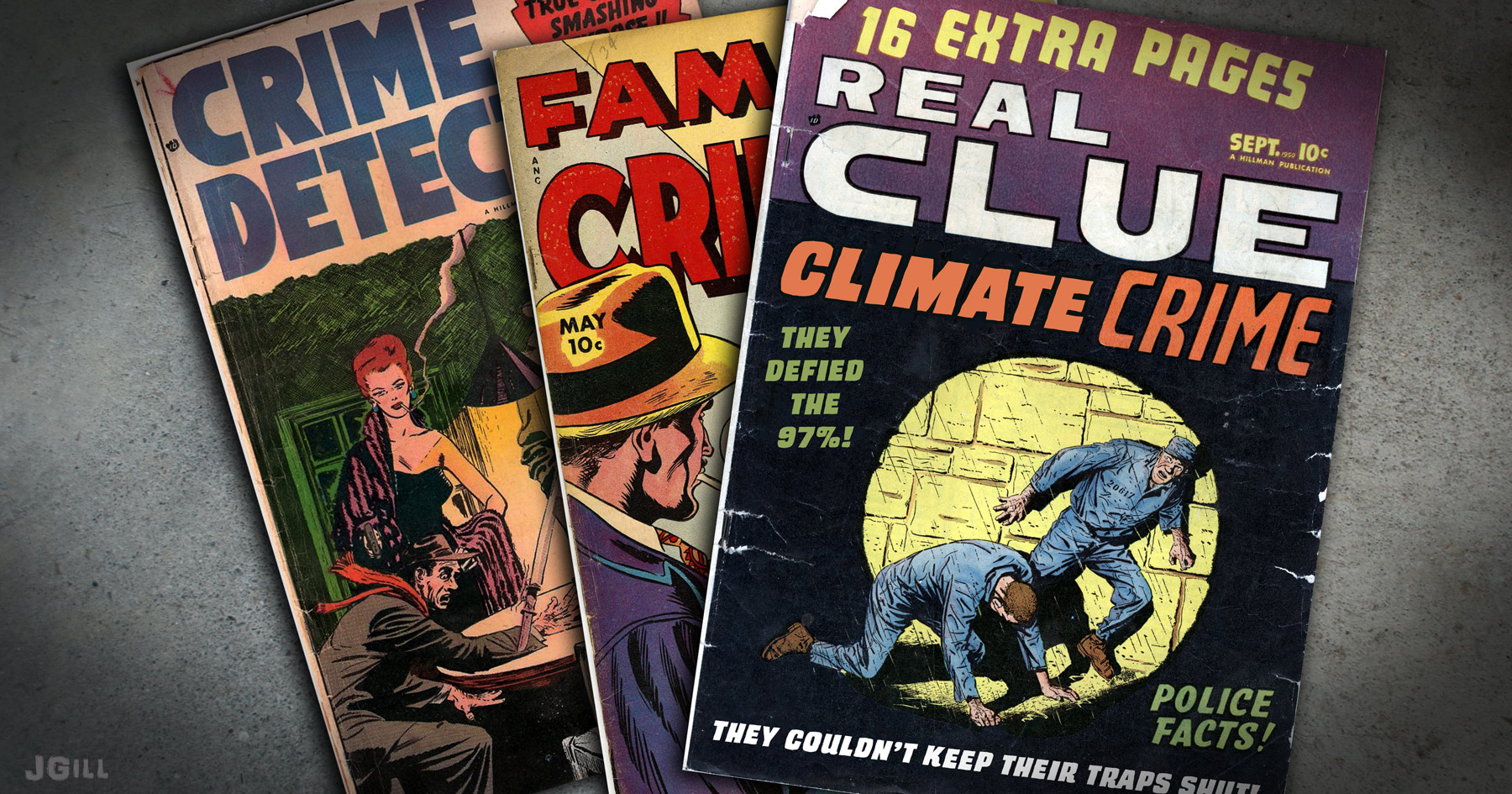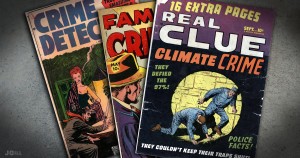If Ohioans pass Issue 3 today, the days of pot prohibition will disappear like the smoke from a wild night’s last bong hit.
That’s sorta what Nick Gillespie of Reason argued yesterday, anyway. “[I]f marijuana can be legalized in Ohio,” he wrote, “it can — and will be — legalized everywhere and the war on pot is effectively over.” Why?
Ohio is the ultimate embodiment of mythical “middle America” and a state that once plastered “the Heart of It All” on its license plates. It’s poised to become just the fifth state to legalize weed — before liberal blue states like California, Maryland, New York, Massachusetts, and perhaps most importantly, before its dark twin in college sports and economic dissipation, Michigan. Given its paradigmatic normalcy, Ohio can be the place where the drug war … finally goes to die.
But there is a disturbing aspect to Issue 3: “Crony Capitalism.”
The constitutional amendment would not simply legalize growth and sale, subject to regulation similar to alcohol or tobacco. Though it would legalize home growth, it stakes out a complicated limited licensing system for commercial sale, allowing for only a handful of growers in the state.
Gillespie quotes one pro-legalization activist who objects to the very idea that “any group or corporation has the exclusive right to grow marijuana and sell it. It’s not plutonium. It’s an agricultural commodity that should be regulated like one.”
A recent poll shows voters evenly split on Issue 3, but increasingly troubled that the measure creates an un-free market, a lucrative marijuana monopoly for those funding the initiative.
Today’s balloting may determine only whether voters like marijuana more than they dislike monopolies.
This is Common Sense. I’m Paul Jacob.











